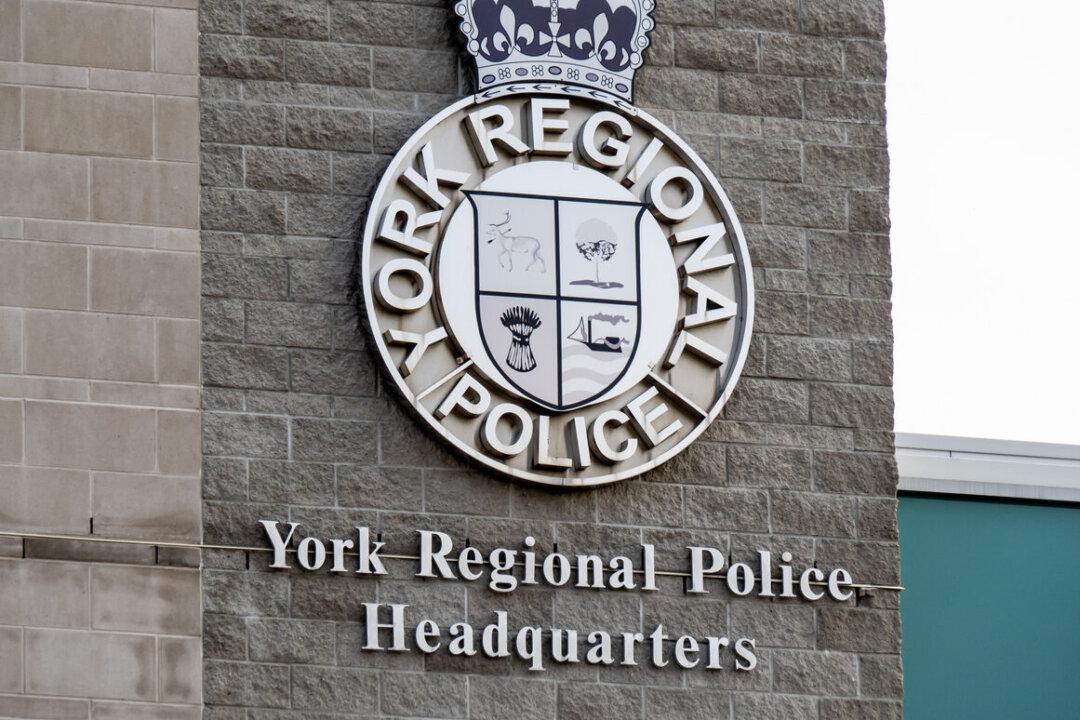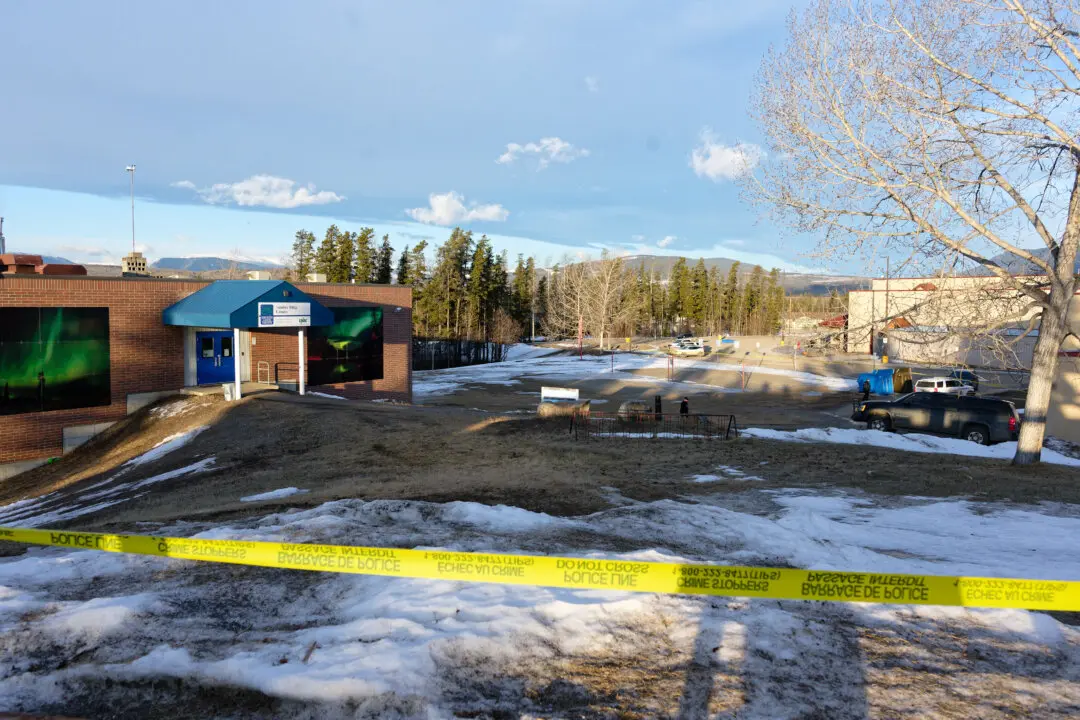Two police services in the Greater Toronto Area are now using facial recognition technology as part of their investigations, sparking concerns from legal observers who say the investigative tool could come at the expense of privacy rights.
Peel Regional Police Service and York Regional Police Service announced the adoption of the software late last month, saying the move comes after consultations with the province’s information and privacy commissioner. The police services also held public consultations in March and April.





